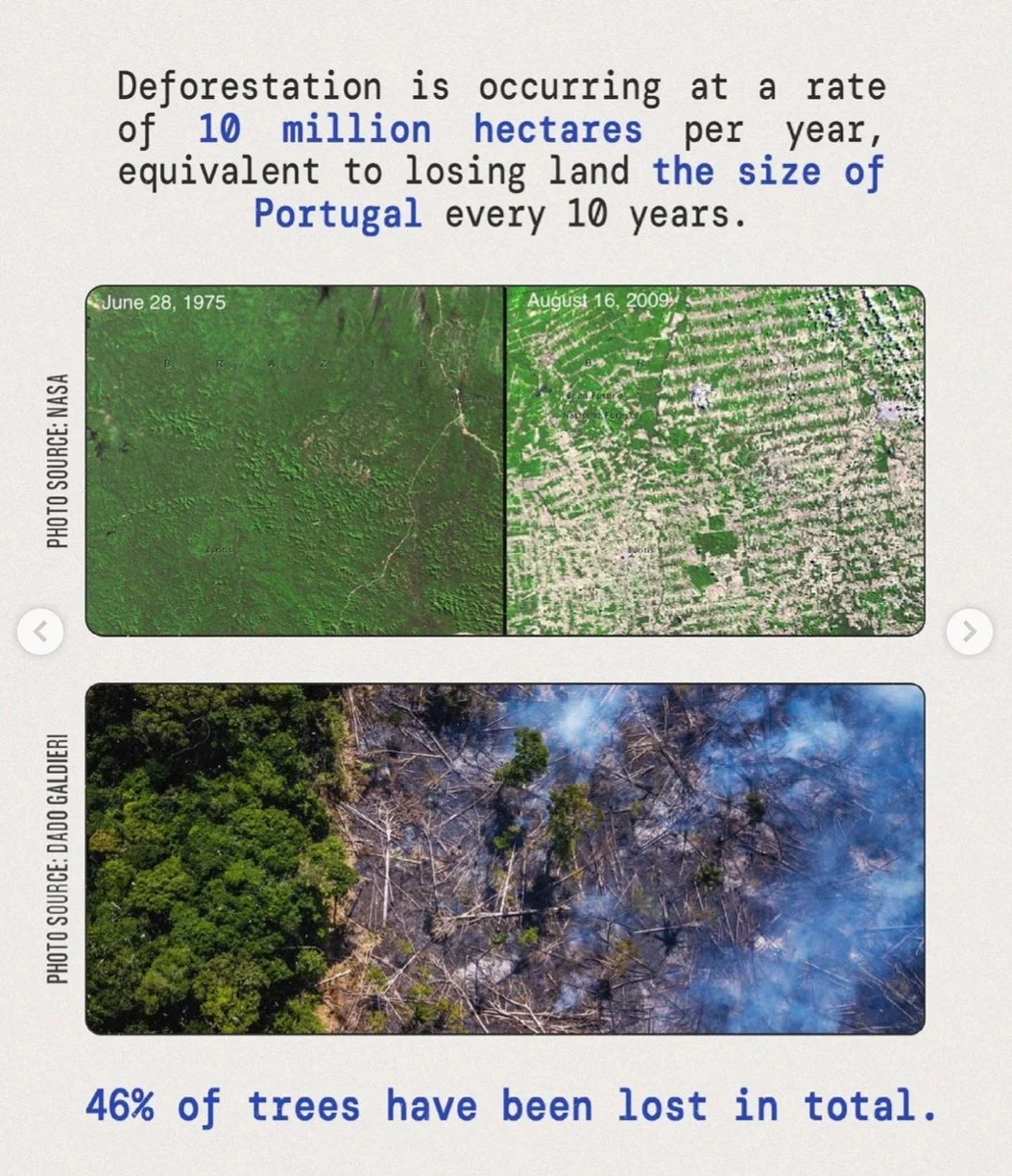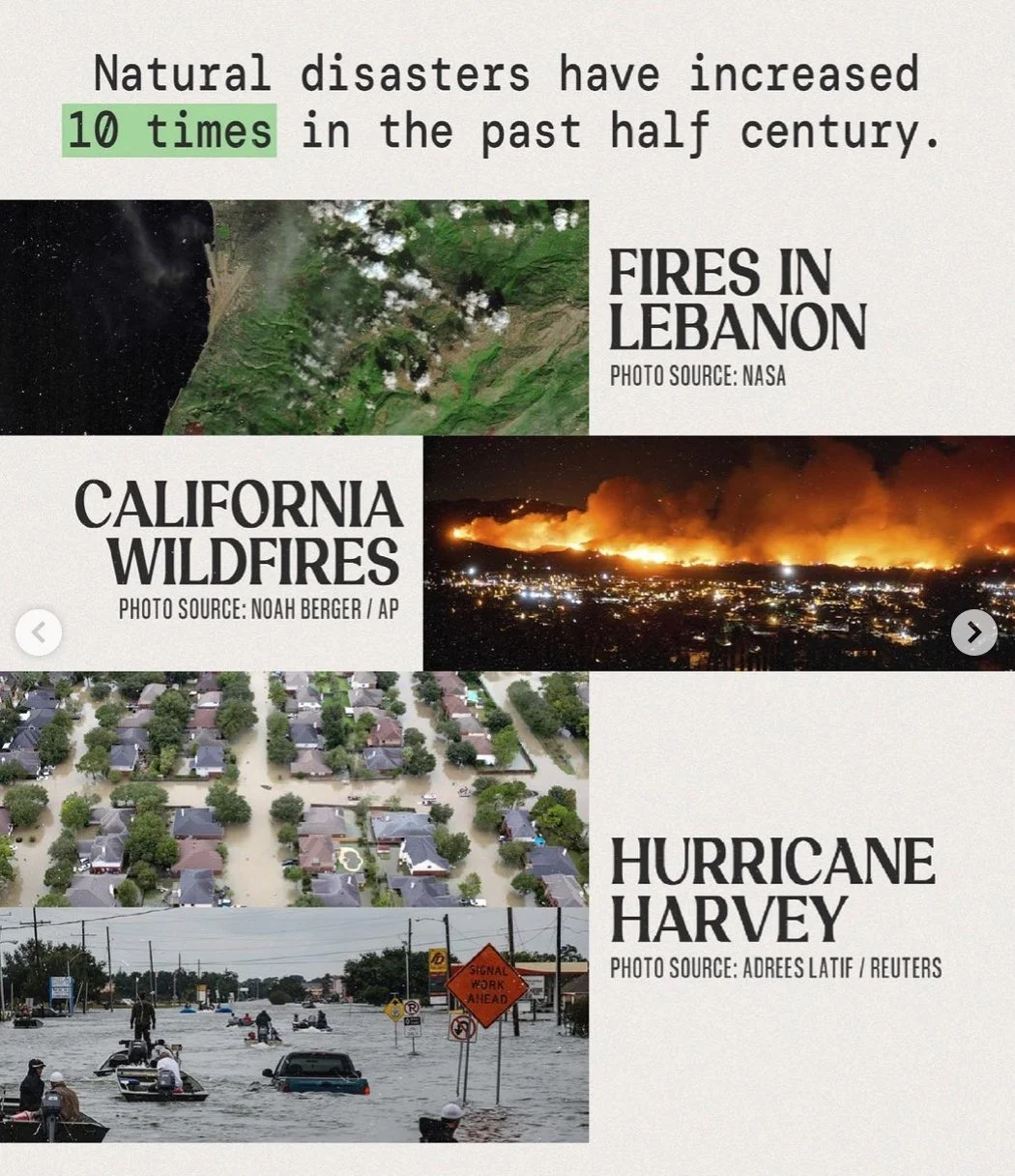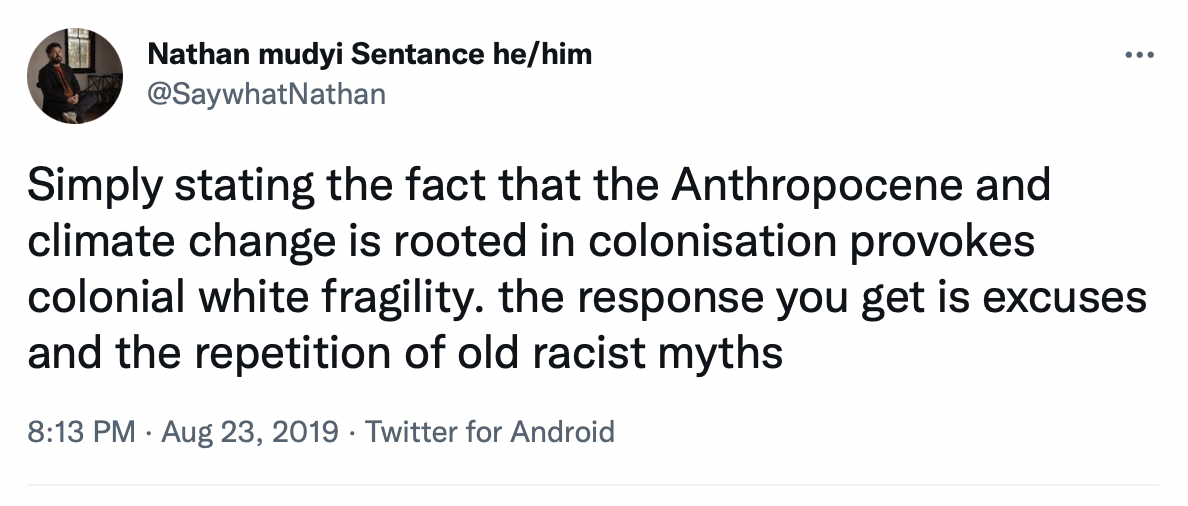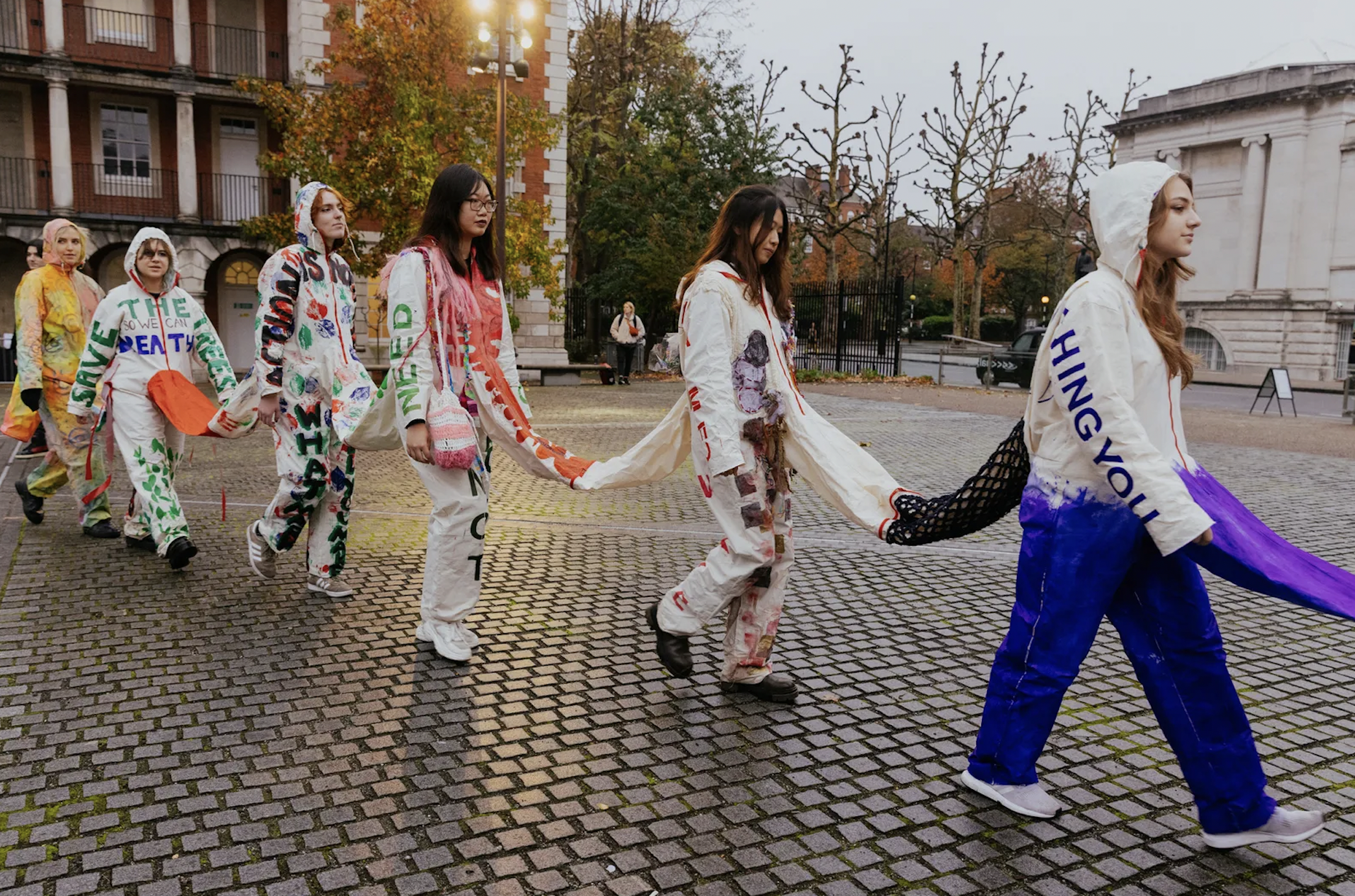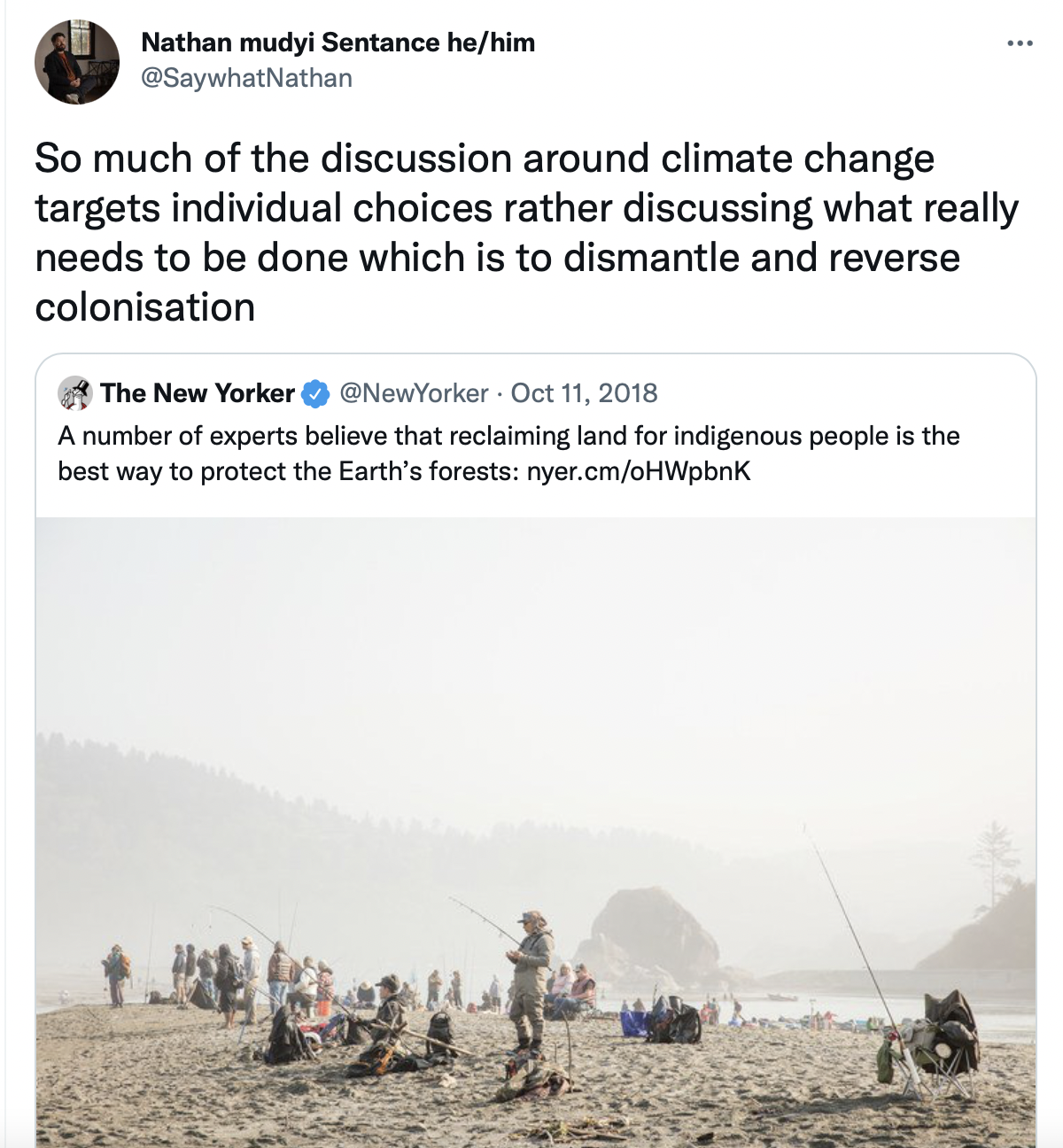Our love of ‘stuff’ vs the planet
Decolonize! Decarbonize!
This summer has been an absolute scorcher. I think we can all agree that it has been impossible to get anything done. At this stage, no one can deny that climate change is absolutely not a hoax. We talk about it, we know something drastic and systemic needs to be done. It’s one thing to change to solar powered light bulbs, but we are past that now. We live in a society where money makes the rules, so I did a bit of research into where mine was going. The results shook me. While conscious consumerism has gained momentum, research shows how great we are at talking the good talk.
What is happening to our forests?
We know that the Amazon has been under threat for years. While we know that rainforests are the ‘lungs of the earth’, it’s sobering to know how many well-known brands have interests in the destruction of them. A report released by supply chain research firm Stand.earth found that many brands have policies that promise to remove themselves from any partners who are involved in Amazon deforestation. But these measures have had almost zero impact, thereby aggravating the climate crisis. Researcher on the report Greg Higgs said, “with a third of companies surveyed having some kind of policy in place, [you’d expect] that would have an impact on deforestation … The rate of deforestation is increasing, so the policies have no material effect.” Some of these brands include Coach, Prada, H&M, Zara, Adidas, New Balance, UGG, and Fendi.
How does that affect indigenous communities?
As with most global crises, Indigenous peoples have been at the forefront of the fight for our planet, including in the Amazon where communities have been displaced to make space for mining and development projects.
Centring indigenous peoples in the fight for our planet is a must, and this was a focus at the Glasgow COP26 Climate Summit in November 2021. Māori climate activist India Logan-Riley spoke about how the current crisis is rooted in colonialism. Speaking about Aotearoa, she had this to say —
“Two-hundred-fifty-two years ago invading forces sent by the ancestors of this presidency arrived at my ancestors' territories, heralding an age of violence, murder and destruction enabled by documents, like the Document of Discovery, formulated in Europe … Land in my region was stolen by the British Crown in order to extract oil and suck the land of all its nutrients while seeking to displace people.
Mainstream conversations around climate change often ignore the crucial link between climate change and colonisation; that capitalism goes hand in hand with colonial expansion and white supremacy. The cycle is repeating itself in Brazil as we speak.”
“Mainstream conversations around climate change often ignore the crucial link between climate change and colonisation; that capitalism goes hand in hand with colonial expansion and white supremacy. ”
Who is responsible for fixing it?
Given our Western practices have created this crisis, doesn’t it make sense that we take ownership in fixing it? Yes. Do we? The answer was super depressing, and an example of us talking the talk.
The concept of climate finance is all about doing just that; giving financial support to developing countries to both mitigate and adapt to the impacts of climate change. A promise was made way back at the 2009 Copenhagen Summit by developed nations that they would provide $100 billion towards such projects by 2020. At the 2021 Glasgow COP26 Climate Summit, developing nations challenged us on breaking our promises, asking for accountability on this front.
Economic studies show that finance, for those who are able to access it, is usually given as loans instead of grants, adding to the never-ending debt that developing nations are usually already in. Nigerian economist Chukwumerije Okereke says “Many, many African countries are lamenting that they are not able to jump through the hoops [to access climate finance] because of the complexity and the technicality … And they’re not receiving sufficient capacity-building exercises and training in this.”
What about our own Asia-Pacific neighbours?
Here in New Zealand, more than half of the 380,000 tonnes of textile products that are imported every year end up in landfill. That is all the clothes we throw away after wearing once, and all the fast fashion products we buy because they are cheap,
Our Asia-Pacific neighbours also have to live with our landfill we dump on their shores. Global figures show that “of all the textiles manufactured each year, 12% are lost during manufacturing in the form of cutting and production waste, 75% are sent to landfill by consumers, 12% are put back in the system through donating or recycling, and <1% are regenerated into new fibre for new clothes.”
As of 2021, hundreds of thousands of tonnes of plastic have been sent to Malaysia and Thailand, despite those nations making it clear that they are concerned about the environmental impact of that amount of dumping. They don’t want our contaminated stuff, because who would?
London Students Stage a Climate Justice Parade as COP26 Wraps Up, source Vogue Runway
Where to from here?
Up until now, I have focused on the doom and gloom, facts and figures, and everything that is going wrong. But there is hope. Like with many things, the pandemic has really shifted how we think about our planet and how we consume. Studies have shown that the pandemic accelerated three key trends:
A focus on health
Conscious consumption
Shopping local
The same study also showed that we would be willing to change shopping habits based on issues that were important to us. But while our shopping habits can make huge changes, it’s limited when mega corporations and developed countries break their promises to their consumers, voters, and developing nation friends and neighbours.
This is where accountability and radical change comes in. We must keep our finger on the pulse and demand better from those with the money and power. Putting profits before people and planets hasn’t done us any favours until now, and it won’t until they, as the meme goes, realise there is no economy on a dead planet.

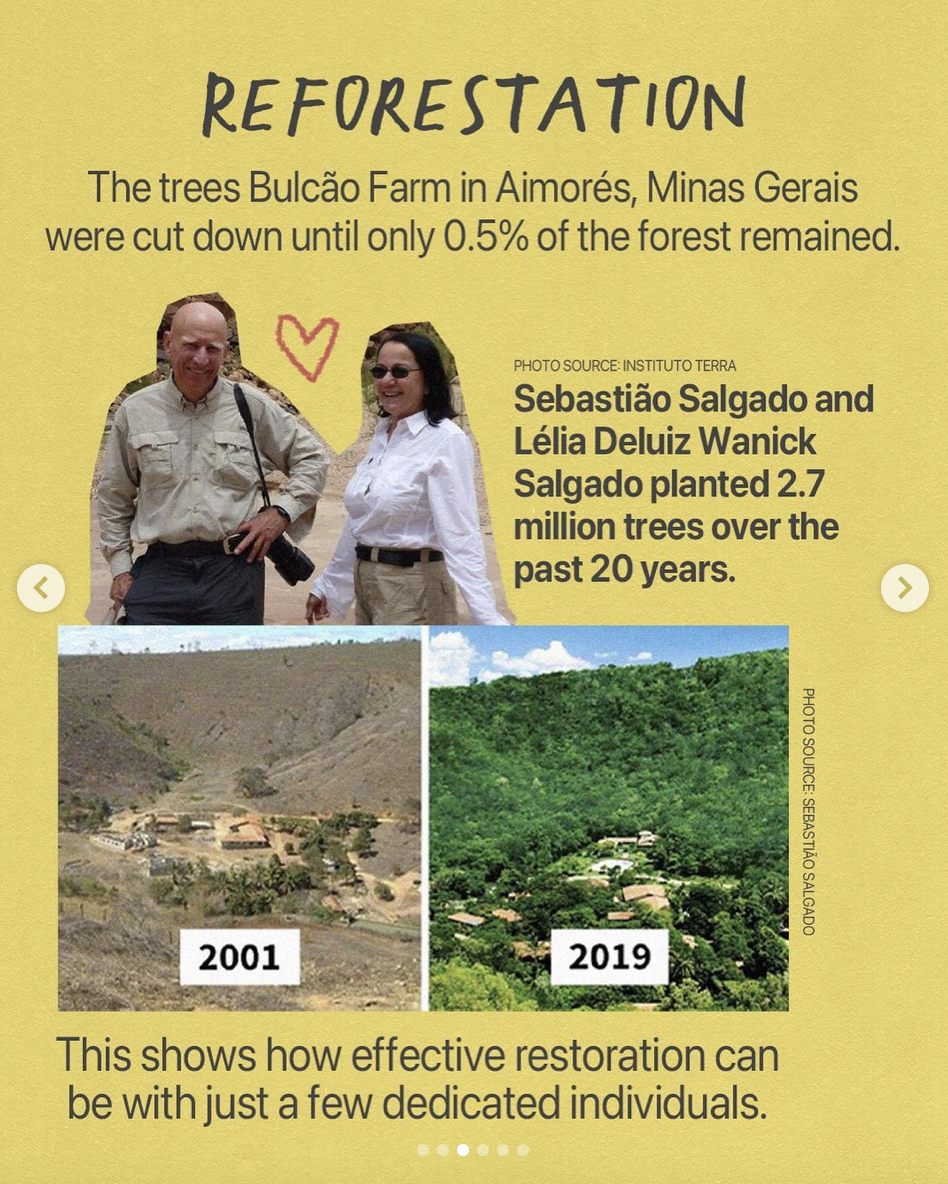


Images - Impact, weather.com and Vogue

